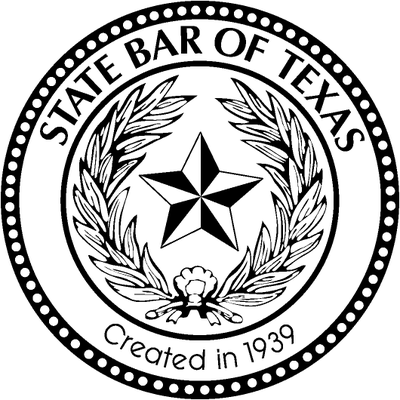In late 2012, UT women’s track coach Bev Kearney was forced to resign after admitting to a consensual, year-long relationship with one of her athletes in the early 2000s. Not a month later, the Daily Texan reported that Major Applewhite, a UT assistant football coach, engaged in a one-time sexual episode with a student trainer at the 2009 Fiesta Bowl and was merely disciplined.
Did Applewhite, a white male heterosexual, get off too easy? Was Kearney, a gay African-American female, the victim of discrimination?
As many commentators have noted, there are notable differences between the two coaches’ behavior: Kearney’s relationship was with a student she coached; Applewhite’s conduct was with a student trainer allegedly not under his supervision. Kearney did not bring the relationship to UT’s attention; Applewhite did. In addition, Kearney allegedly provided housing and money to the student in violation of NCAA policies; Applewhite did not.
As an employment lawyer, I see another difference: Kearney was a head coach, Applewhite an assistant coach. Employers are not required to treat all employees equally. Rather, they are required to treat “similarly situated” employees equally. Employees with different responsibilities or different positions, such as a head coach and an assistant coach, are generally not “similarly situated.” In other words, the law allows employers to hold different level employees to different standards. Not that it is a good idea to do so, especially when the issue is sex with students.
The report of the Applewhite scandal helps Kearney in the court of public opinion. But to win in a court of law, she may want to find out how UT has treated other head coaches who have engaged in consensual relationships with students they coached. And UT may want to settle this matter before that information is discovered.









